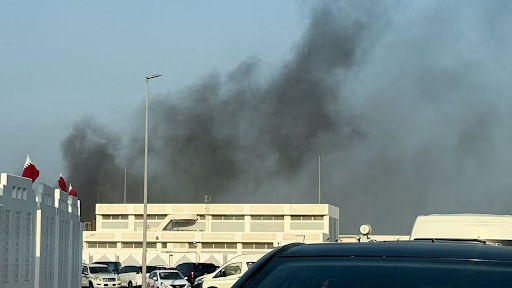Tuesday’s Israeli strike in Doha marked a decisive moment in the Gaza conflict: the moment military action officially trumped diplomacy. The attack on Hamas negotiators didn’t just complicate peace talks; it effectively ended them, sending an unambiguous message that Israel’s leadership values the elimination of its enemies over any negotiated settlement on the table.
The context of the attack is what makes it so significant. It wasn’t a strike on a battlefield but an attack on individuals gathered to discuss a political solution brokered by international partners. This deliberate choice demonstrates a clear preference within the Israeli government, and among its U.S. backers like Donald Trump, for a military resolution to the conflict, even if it means scuttling their own diplomatic initiatives.
Prime Minister Benjamin Netanyahu’s swift claim of responsibility further cemented this stance. There was no ambiguity, no denial—only a clear statement that Israel “carried it out.” This level of ownership signals that the move was not a rogue operation but a calculated policy decision to prioritize force over dialogue at a critical juncture.
With this act, the very concept of a peaceful, negotiated exit from the current war has been severely damaged. It signals to all parties that the rules of engagement have changed, and diplomatic immunity, even for flawed actors, is no longer guaranteed. The explosions in Doha were a funeral pyre for the latest round of peace talks, leaving a military endgame as the only visible path forward.
The End of Dialogue: Military Action Trumps Diplomacy in Doha
14
previous post

